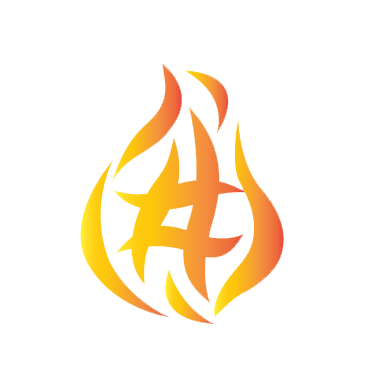In 1941, the world began to learn of the mass murder of Jewish people in what would become known as the Holocaust. In 1948, world leaders gathered, shocked by the events they had witnessed, and vowed that human rights atrocities would never happen again. In 1986, this promise was broken when 182,000 Kurds were killed during the Anfal Campaign in Iraq.
By Madalyn Minnick, TWR Fellow ‘20
In the early 1980s, divisions between Arabs and Kurds in Iraq were exploited under the first years that Saddam Hussein was in power. Iraq justified this discrimination by polarizing the Kurds, claiming that they “betrayed the country” when major Kurdish political parties aided Iran in the Iraq-Iran War. The Anfal Campaign intensified this discrimination by creating a census, forcing those who did not identify as Arab to either lose their Iraqi citizenship or be forced into camps under the government’s watch. Kurds were relocated, and many times this process included rounding up Kurdish men and boys and shooting them in mass executions. Women and children were taken to internment camps where they were executed or died due to deprivation . Chemical weapons were a large part of the Anfal Campaign’s plan to destroy the Kurdish population and their villages. On March 16, 1988, chemical weapons were used against people in the Kurdish town of Halabja, where an estimated 5,000 people died from the chemicals, and more people became long-term casualties as exposure to the chemicals led to birth defects, cancer, infertility, and miscarriages.
The Anfal Campaign was a genocide - it was a horrific human rights violation that happened after the Holocaust and the promise of “never again.” The killing units and mass graves, so reminiscent of the Einsatzkommandos that took so many lives in the 1940s, existed years after the world swore people would never again be targeted based on their identity. The Anfal Campaign reminded the world that ethnic prejudices are not a thing of the past and that they exist everywhere and can lead to even more dangerous discrimination.
April 14 is Anfal Remembrance Day. It is a day for the world to remember an atrocity that took hundreds of thousands of people’s families, lives, and culture. “Never again” was the promise made in 1948, yet in 2021 more remembrance days are added to the calendar because genocides continue to happen. When will the world realize that a remembrance day is too late for the people who suffered during those atrocities?
Prejudices exist in every society. Everyone has an internal bias, a bias that sometimes we are not even aware of. The biases we hold make it easy to take the step from prejudice to persecution when the right justification is presented to us. Becoming aware of these biases and holding ourselves accountable for our thoughts and actions is the first step to healing our divided communities. “Never again” is not an unimaginable goal, and, when we start seeing those different from ourselves as friends and neighbors, it is an attainable future.
Madalyn Minnick is a high school senior from Wilmington, Delaware in the United States. She loves to use writing to connect to herself and relate to events in the present and of the past.
Banner Image Source: https://twitter.com/rozagermian/status/985339566465798144
References:
https://www.hrw.org/reports/1993/iraqanfal/ANFALINT.htm
https://us.gov.krd/en/issues/anfal-campaign-and-kurdish-genocide/


